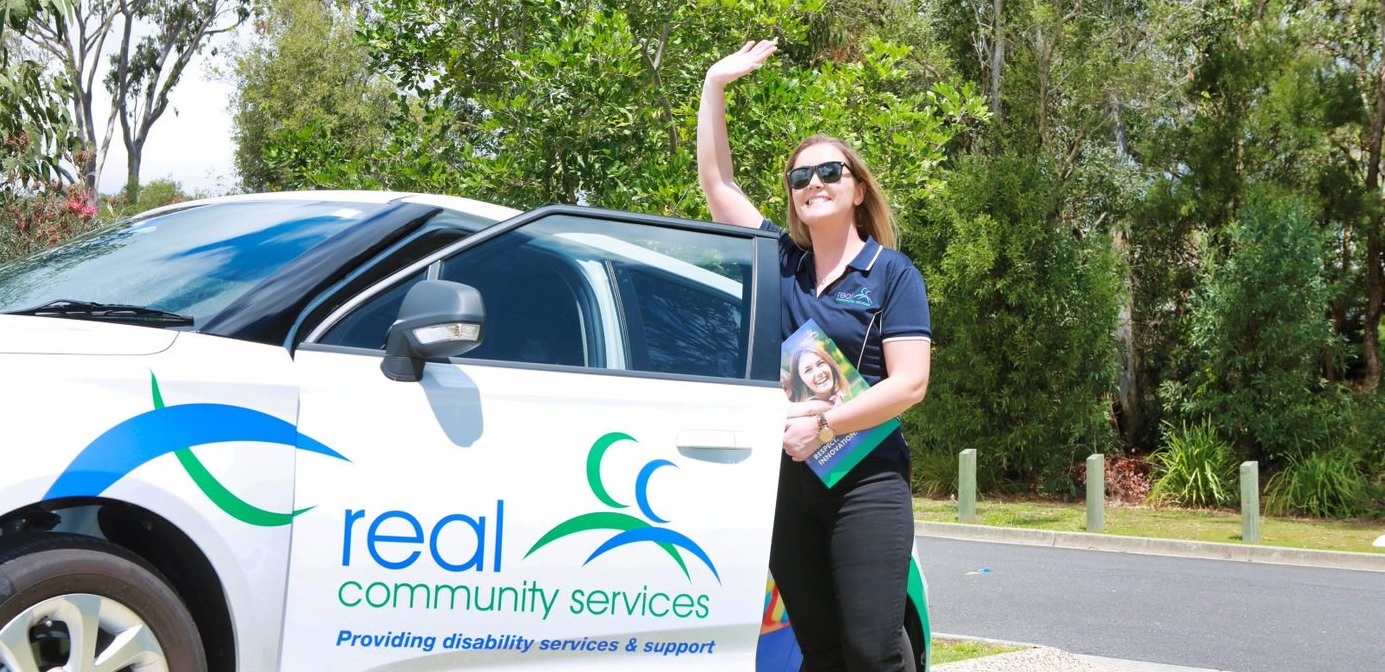Mealtime is an important experience for everyone, not only for the act of consuming food and nourishing the body, but also as an opportunity for everyone of all abilities to engage in social interactions enjoyed over a meal and the emotional support and connection that comes with it.
From 1 May 2019, the International Dysphagia Diet Standardisation Initiative (IDDSI) framework will be used in Australia to describe texture-modified food and fluids and is included in the latest edition of the Queensland Government Mealtime Support Resources as a practical introduction to IDDSI framework.
The resource guide provides practical information on good mealtime support and dysphagia feeding techniques for people with a disability who experience swallowing difficulty (dysphagia) assisting in the provision of safe and enjoyable mealtimes.
Topics included in the resource guide include;
- Signs of swallowing difficulties
- Signs of choking
- Strategies to reduce the risk of choking and aspiration
- Modified food textures
- Thickened drinks
- Important support strategies
- Positioning for feeding the patient with dysphagia
- Adapted equipment
- Related health topics such as oral health, nutrition and reflux.
While the research guide offers practical advice and support, it is also important to provide a positive mealtime environment to provide a quality and enjoyable mealtime support experience for people with a disability. These include asking the person before the meal how they need or would like to be assisted during the mealtime before assisting patients with feeding. It’s also important to take time engage in mealtime conversations with the person you are assisting, encouraging their participation in the conversation and genuinely making a connection to make the experience an enjoyable one, as well as a practical one, for you both.
A Mealtime Support Plan template is included in the Mealtime Support Resources and our experienced team at Real Community Services (RCS) can guide you through this process and provide quality support to people living with disability including dysphagia.
If you suspect someone has a swallowing difficulty, we recommend you seek specialist assessment and advice.


















